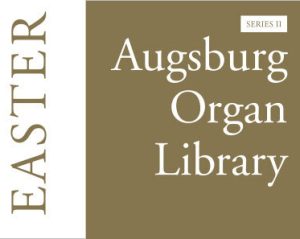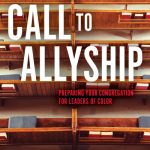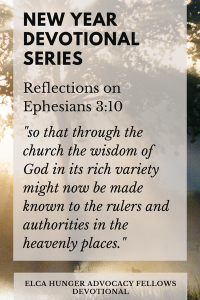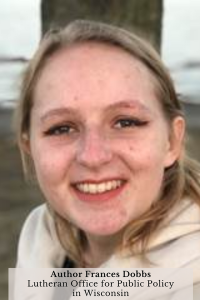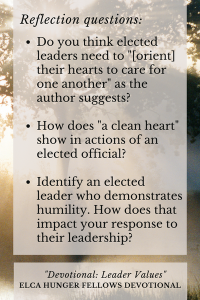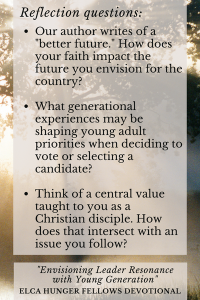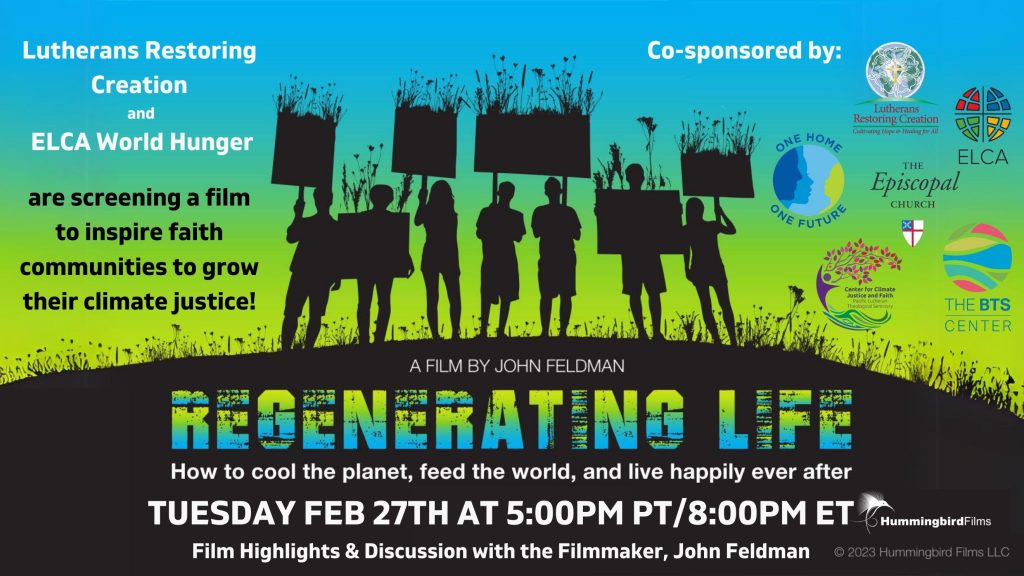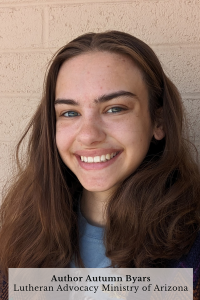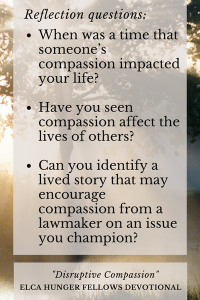Joshua Serrano, San Carlos, CA
Warm-up Question
Who is your favorite celebrity and why?
Dealing With Highs and Lows
There is an interview popping up on different social media sources between Brad Pitt and Adam Sandler. Pitt recounts a story he heard about Sandler.
In the story, Sandler was in college at NYU and had been taking acting classes. His theater professor took him out for drinks one night, but it wasn’t to tell Sandler what a great job he was doing. The theater professor was trying to let Sandler down easy, telling him that he didn’t have the ability to act. He didn’t think Sandler would make it in the acting world, so he told Sandler that he should pursue a different line of work.
That, however, did not stop Sandler from pursuing his dreams.
Adam Sandler went on to make some of the most iconic comedies of the 90s and early 2000s. His movies have made a total of $2 billion dollars in cumulative sales. That is not to mention that his current personal net worth is $420 million dollars.
During the height of his success, Sandler was at a bar one night with his friends. He spotted his old professor from NYU. Sandler brought him back to his group and introduced the professor to his friends, saying, “This is the only professor ever to take me out for a drink.”
In recounting this story, Brad Pitt was amazed by the kindness and humility that Sandler showed in a moment he could have used as an opportunity to point out how wrong his professor had been.
Discussion Questions
- Why do you think that Adam Sandler responded the way he did?
- What would you have done?
- Reflect for a moment on when you experienced criticism or doubt. How did you respond?
- How would you define humility?
First Sunday in Lent
(Text links are to Oremus Bible Browser. Oremus Bible Browser is not affiliated with or supported by the Evangelical Lutheran Church in America. You can find the calendar of readings for Year B at Lectionary Readings.
For lectionary humor and insight, check the weekly comic Agnus Day.
Gospel Reflection
Our Gospel reading contains two major events in the ministry of Jesus. The first is his baptism and second is his temptation. One seems to be such a high and the other was a low in his life.
Jesus was baptized by John in the river Jordan. We know from an earlier scripture reading that John was baptizing people for repentance and the forgiveness of sins. Yet Christians claim Jesus was sinless. In Mark’s gospel there is no answer as to why Jesus was baptized. We are left to try to make sense of it ourselves.
Something miraculous happens at his baptism. The heavens open, the Spirit descends like a dove on him, and a voice says, “You are my Son, the Beloved; with you I am well pleased.” What an experience that must have been — to hear the voice of God!
What a highlight of his life! But things take a turn rather quickly. In the next moment, the Spirit drives Jesus into the wilderness to endure temptations for over a month.
Moments of crowning glory are followed by trials of anxiety, self-doubt, pride, or the temptation to judge ourselves and others too harshly. And after his baptism, Jesus was tempted like you and me! There are so many things that tempt us, yet I find great comfort in the fact that Jesus was tempted in every way that we are tempted. He was truly human and he was truly God.
It’s important to remember that, like Jesus, we will have highs and lows in our life. It is remembering that we are beloved children of God that matters.
Discussion Questions
- Why do you think Jesus was baptized? What memories or mementos do you have of your baptism? Do you have any stories, pictures, or videos of it?
- Why do you think Jesus was tempted? Do you think that Jesus’ experiences of temptation help us relate to him more?
Activity Suggestion
On a blank sheet of paper write down today’s highs and lows. Then write down some prayers for each of the things that have been challenging and each of the things for which you are grateful. Feel free to share it with a friend. Or, just keep it and remember that Jesus is with us every step of the way.
Closing Prayer
Merciful and gracious God, your son endured highs and lows. Help us to follow his example, and express gratitude when things are going well and come to you in faith when we are facing challenges. In Jesus’ name we pray, Amen.



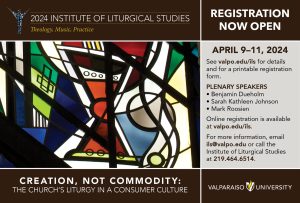
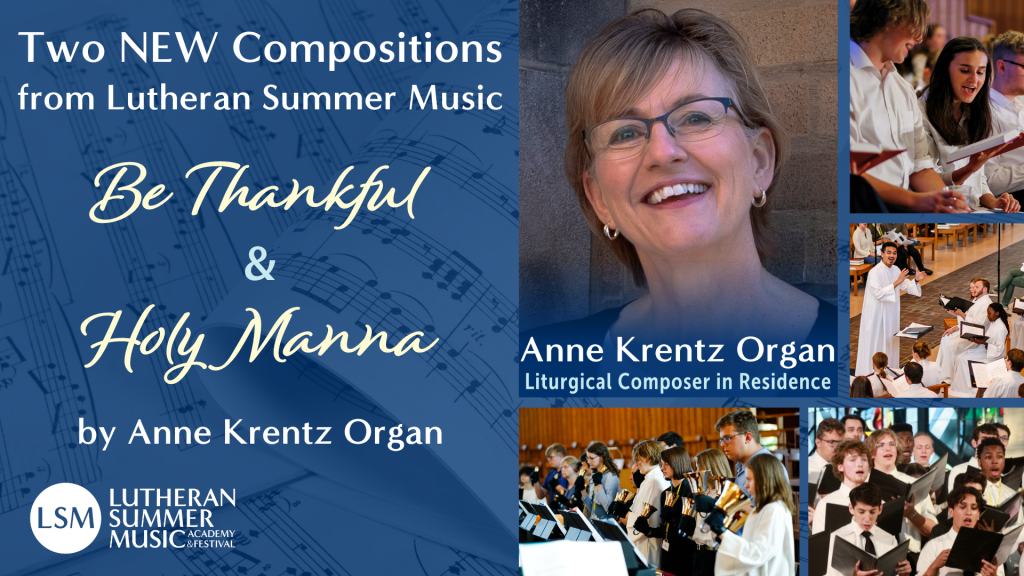



 Paschal Candles
Paschal Candles